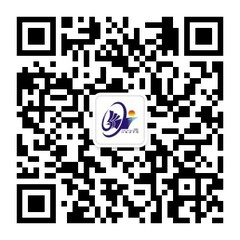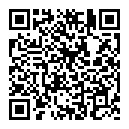The 2024 Language, Data, and Translation Academic Training Camp carefully planned and successfully held by the College of Foreign Languages is like a strong academic wind, that has greatly stimulated the strong interest and enthusiasm of teachers, students, and students from different places in the school for the cross-integration of linguistics, data science and translation technology. The academic atmosphere of the college reached an unprecedented climax.
From this Monday, September 9, 2024, an energetic and expectant starting point, the five-day training camp has gradually led the participants to swim in the ocean of knowledge with its unique charm and depth. In a flash, the training camp has entered the third wonderful day, and the activity has entered a more professional and in-depth level, it has also witnessed the magnificent transformation of the students from theoretical exploration to practical exploration.
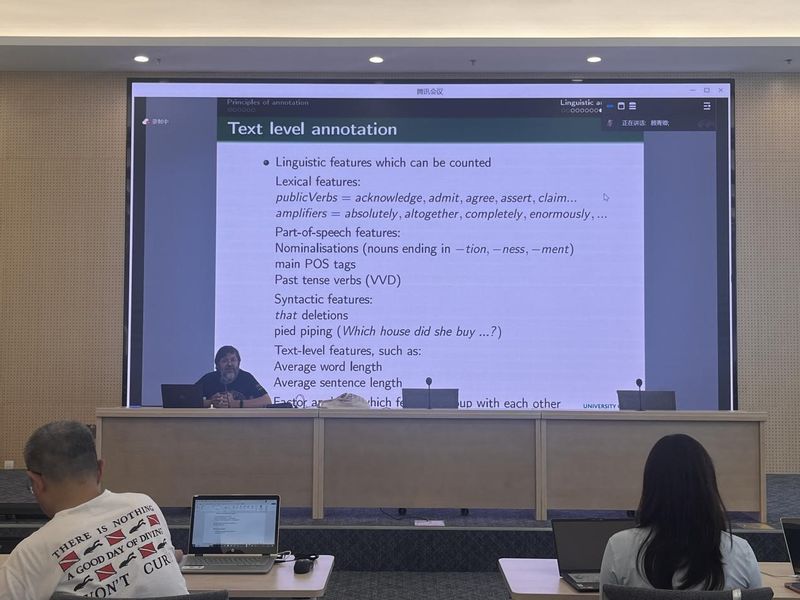
Picture 1: Professor Sharoff is giving a class
On the morning and afternoon of September 11, Serge Sharoff, a well-known professor from the University of Leeds, UK, continued to bring a special lecture entitled Linguistic Annotation. Professor Sharoff has led us to explore the essence of intelligent text processing with his profound academic attempts. He not only systematically explained the core principles of text classification and POS (POS tagging), but also used Python language as a medium to vividly demonstrate how to use Transformer, a revolutionary pre-training language model, to achieve accurate and efficient processing in the field of named entity recognition and POS tagging. Professor Sharoff's explanation not only made us appreciate the infinite possibilities of natural language processing technology but also stimulated our enthusiasm and confidence in the in-depth analysis of complex language phenomena. At the same time, Professor Serge analyzed the error types such as false positives and false negatives, which are common in the application of corpus, with keen insight. Through detailed cases and intuitive charts, we deeply realized the importance of data cleaning and verification, which laid a solid foundation for subsequent research work.
With the afternoon sun pouring in, Professor Sharoff turned his focus to the treasure of online text data mining, painting a magnificent picture of how to turn massive, unstructured online data into valuable resources for language research and teaching. He elaborates on how to use diverse sources of information, such as Web sites and XML documents, combined with anchor technology, to accurately extract and integrate this data, and breathe new life into natural language processing and artificial intelligence more broadly. Professor Sharoff further expanded his vision and shared practical skills of self-built corpora, lighting up a light for foreign language learners, indicating that mastering this cutting-edge technology will become an important help for their future learning and career. The students were eager to try and actively participated in the discussion, witnessing the power of knowledge and the charm of technology.
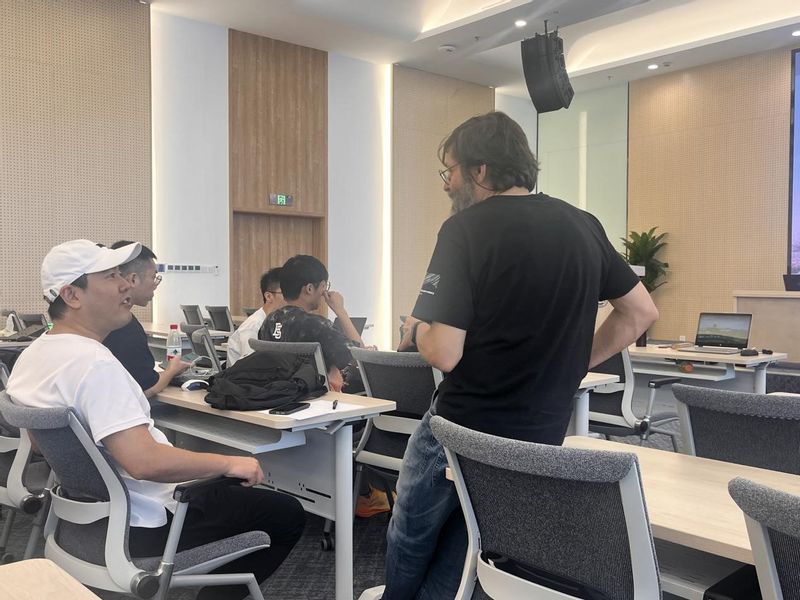
Picture 2: Professor Sharoff discusses the problem with his classmates
In particular, the afternoon lecture also deeply explored the future symbiotic relationship between artificial intelligence and professional translators. With a vision, Professor Sharoff examines the impact of the rapid development of technology such as machine translation and large language models (LLMs) on the translation industry, confronting the industry's concerns about machines surpassing humans and rationally pointing out the limitations of LLMs in understanding the complexity of human language and cultural context. He stressed that the future translation world will be a stage for the integration of human wisdom and AI technology and common progress, and LLMs and human translation expertise will form a strong complementary effect, and work together to overcome language barriers and promote the deepening and development of global communication. This perspective not only paints a promising prospect for the future of the translation profession, but also inspires every one of us, teachers, students and online audience present here, to embrace the change, constantly explore the unknown, and contribute to the bridge construction of language and culture.
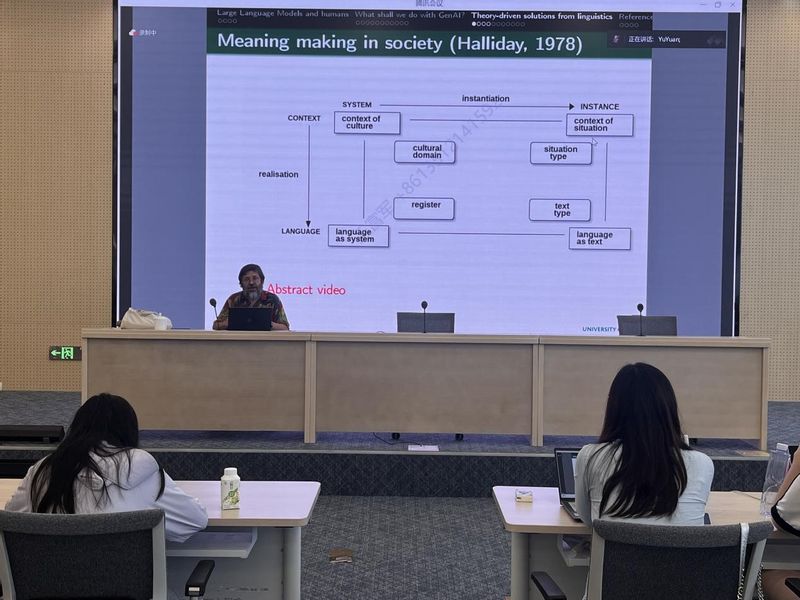
Picture 3: Professor Sharoff is giving a class
After that, the training camp will continue in-depth research on the application of large models based on Hugging Face, as well as sharing of research results in other fields. Stay tuned.
(Reported by the College of Foreign Languages office; Translated by Shi Ying)

